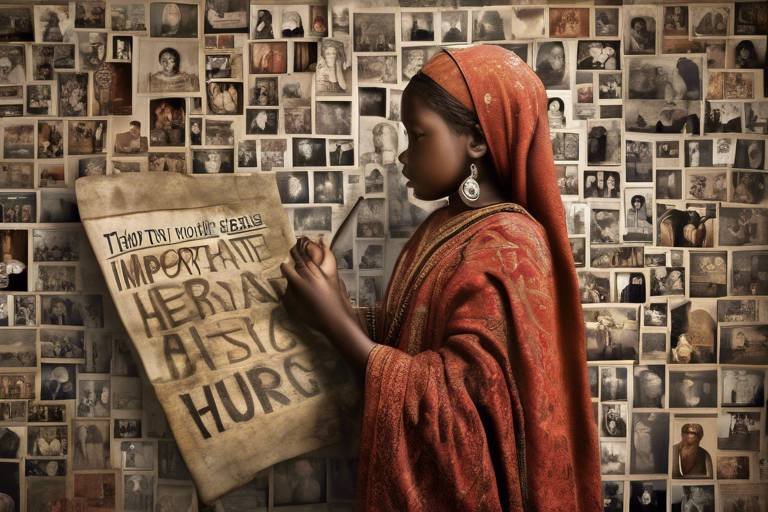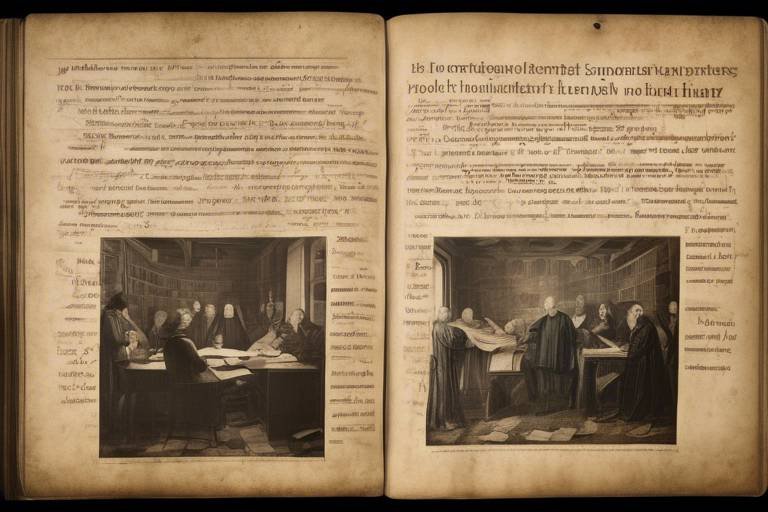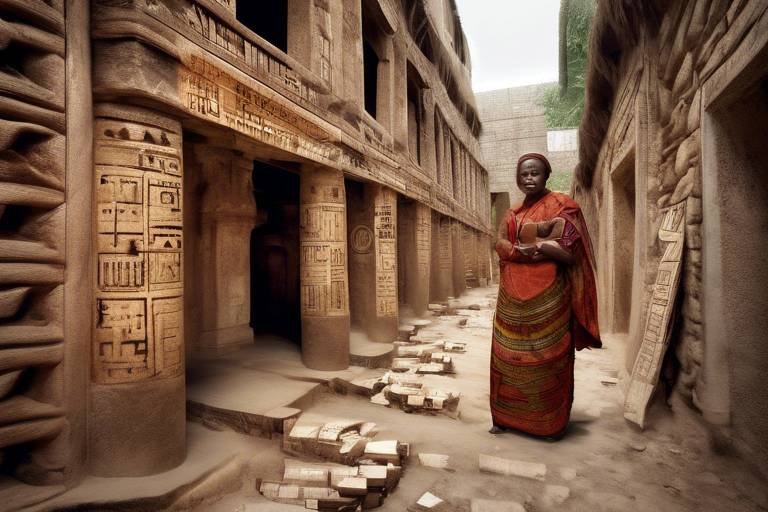The Relationship Between History and Identity Politics
When delving into the intricate web of human interactions, one cannot ignore the profound relationship between history and identity politics. History, with its tapestry of events and narratives, weaves the fabric of our collective identity, influencing how we perceive ourselves and others in society. Identity politics, on the other hand, is the lens through which we view history, shaping our understanding of the past and present.
Historical narratives play a pivotal role in the formation of individual and group identities. The stories we tell about the past, the heroes we glorify, and the tragedies we mourn all contribute to shaping who we are today. These narratives not only provide a sense of belonging and continuity but also fuel conflicts and divisions when different interpretations clash.
Power dynamics lurk beneath the surface of historical representation, influencing how history is portrayed and whose voices are amplified. The manipulation of historical narratives to serve certain agendas perpetuates inequalities based on race, gender, and other social markers, reinforcing existing power structures and marginalizing certain groups.
Collective memory, the shared recollection of historical events within a community, plays a crucial role in identity politics. The way a group remembers its past shapes its identity and political movements, influencing societal norms and power dynamics. Memory can be a tool for empowerment or a weapon for manipulation, depending on who controls the narrative.
The concept of intersectionality in historical analysis highlights the interconnected nature of different identity markers. By examining how race, gender, class, and other factors intersect in historical contexts, we can challenge traditional narratives and power structures, revealing the complexities and nuances of human experience throughout history.
Reconciliation and historical truth are essential components in navigating the terrain of identity politics. Acknowledging historical injustices is a crucial step towards fostering reconciliation and promoting social cohesion. However, the quest for historical truth is often fraught with complexities and contested interpretations, requiring a delicate balance between acknowledging past wrongs and moving towards a shared understanding of history.
Education plays a pivotal role in shaping historical consciousness and identity politics. By teaching diverse historical perspectives and confronting uncomfortable truths, education can foster inclusive identities and challenge dominant narratives that perpetuate inequalities. Empowering individuals with a critical understanding of history can pave the way for a more just and equitable society.
Globalization has reshaped the landscape of identity politics by connecting individuals and communities across borders. The emergence of transnational identities and the blending of diverse cultural narratives have challenged traditional notions of history and identity, giving rise to new forms of collective memory that transcend national boundaries.
As we peer into the future, the evolving nature of historical narratives and identity politics presents both challenges and opportunities. In an increasingly interconnected world, there is the potential to reimagine history, creating more inclusive and equitable societies that honor the multiplicity of human experiences and identities.

Historical Narratives and Identity Formation
Exploring how historical narratives shape and influence contemporary identity politics, and the impact of identity-based perspectives on our understanding of history and society.
Historical narratives play a crucial role in shaping individual and collective identities. The stories we tell about the past, the events we choose to highlight or ignore, all contribute to how we perceive ourselves and others. Just like a sculptor molds clay into a specific shape, historical narratives mold our identities, influencing our beliefs, values, and sense of belonging.

Power Dynamics in Historical Representation
Exploring how historical narratives shape and influence contemporary identity politics, and the impact of identity-based perspectives on our understanding of history and society.
When we delve into the realm of historical representation, we uncover a complex web of power dynamics that have long influenced how history is portrayed and perceived. History is not merely a collection of facts and events; it is a narrative constructed through the lens of those in power, shaping identity politics and perpetuating inequalities based on race, gender, and other social markers.
Throughout history, the voices of marginalized groups have often been silenced or distorted, leading to a skewed representation of reality. Those in positions of power have wielded their influence to control the narrative, reinforcing dominant ideologies and marginalizing alternative perspectives.
Power dynamics in historical representation extend beyond mere storytelling; they impact societal norms, political movements, and the very fabric of our collective memory. By controlling how history is presented, dominant groups can shape identities, reinforce hierarchies, and maintain their grip on power.
Understanding and challenging these power dynamics is essential in unraveling the complexities of identity politics and striving towards a more inclusive and equitable society. By critically examining historical representations and amplifying marginalized voices, we can begin to dismantle the structures that perpetuate inequality and reshape our understanding of history.
- How do historical narratives influence identity politics?
- What is the significance of acknowledging historical injustices?
- How does education impact historical consciousness?
Historical narratives play a crucial role in shaping individual and group identities by providing a framework through which people understand themselves and others. These narratives contribute to the formation of cultural, ethnic, and national identities, influencing social cohesion and conflict.
Acknowledging historical injustices is essential for fostering reconciliation and promoting social cohesion. By confronting the dark chapters of the past, societies can move towards healing and justice, laying the foundation for a more inclusive and equitable future.
Education plays a crucial role in shaping individual and collective identities by providing a lens through which history is interpreted and understood. By teaching diverse historical perspectives, educators can foster critical thinking and empathy, leading to a more nuanced understanding of identity politics.
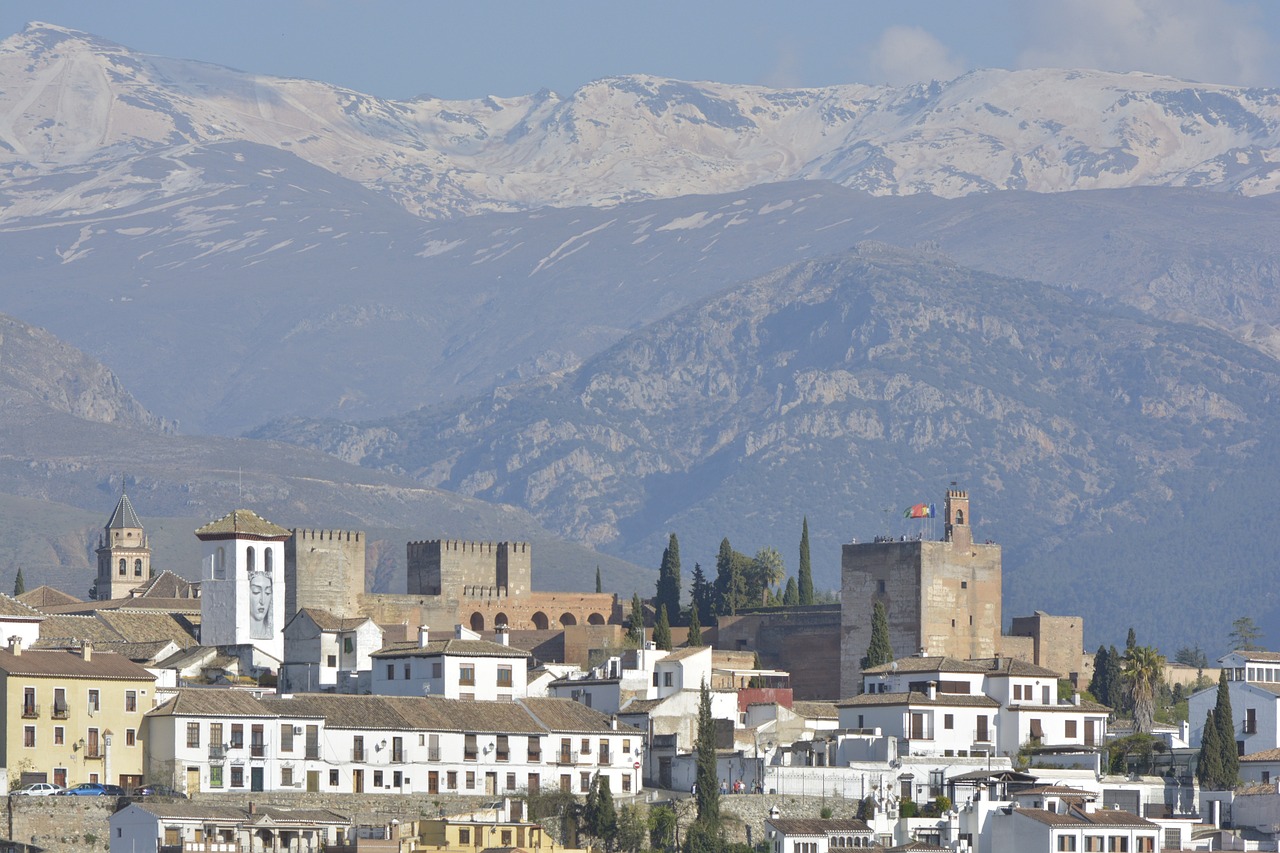
Collective Memory and Identity Politics
When delving into the realm of identity politics, one cannot overlook the significant role that collective memory plays in shaping group identities and political movements. The collective memory of historical events serves as a cornerstone for various communities, influencing their values, beliefs, and sense of belonging.
Through the lens of collective memory, groups construct narratives that define their identity and position within society. These narratives are not static but evolve over time, reflecting changing societal norms and power dynamics. They serve as a unifying force, binding individuals together based on shared historical experiences and interpretations.
Moreover, collective memory can also be a source of contention and conflict, especially when different groups hold diverging interpretations of the same historical events. These conflicting narratives can fuel identity-based tensions and perpetuate social divisions, highlighting the complex interplay between history and identity politics.
One illustrative example of the impact of collective memory on identity politics is the ongoing debates surrounding historical monuments and symbols. The significance attached to these artifacts is deeply rooted in collective memory, with divergent views on whether they represent heritage or oppression.
Furthermore, collective memory shapes the way societies reckon with their past and address historical injustices. The acknowledgment of past wrongs is essential for fostering reconciliation and promoting social cohesion, as it allows for a shared understanding of history that transcends individual perspectives.
In essence, collective memory serves as a powerful force in shaping group identities and influencing political movements. By examining how historical events are remembered and commemorated, we gain valuable insights into the intricate relationship between history and identity politics.

Intersectionality in Historical Analysis
When delving into historical analysis, it is crucial to consider the concept of intersectionality, which highlights the interconnected nature of different identity markers in shaping historical contexts. Intersectionality goes beyond singular perspectives to acknowledge the complex layers of identity that individuals and groups embody. By recognizing how race, gender, class, sexuality, and other social factors intersect and influence historical experiences, we can challenge traditional narratives that oversimplify history.
Imagine history as a tapestry woven with various threads of identity, each thread representing a unique aspect of an individual or community. These threads intertwine and overlap, creating a rich and diverse fabric that tells a more nuanced story of the past. Intersectional analysis allows us to untangle these threads, revealing the intricate patterns of privilege, oppression, and resistance that have shaped historical events and narratives.
Through an intersectional lens, we can uncover hidden voices and marginalized perspectives that have been overlooked in mainstream historical accounts. By centering the experiences of those at the intersections of multiple identities, we gain a deeper understanding of the complexities and contradictions inherent in history. This approach challenges us to question dominant narratives and power structures, paving the way for more inclusive and equitable interpretations of the past.

Reconciliation and Historical Truth
Reconciliation and Historical Truth play a crucial role in shaping the collective memory of societies and fostering social cohesion. By acknowledging past injustices and historical truths, communities can move towards reconciliation and healing. When societies confront the dark chapters of their history, they pave the way for understanding, empathy, and ultimately, reconciliation.
Historical truth serves as the foundation for reconciliation, as it provides a common ground for different groups to engage in meaningful dialogue. By uncovering and acknowledging historical injustices, societies can begin the process of healing and moving forward together. This process requires a willingness to confront uncomfortable truths and a commitment to seeking justice and reconciliation.
Reconciliation is not just about reaching a superficial agreement or burying the past; it requires a deep engagement with historical truths and a genuine effort to address the legacies of past injustices. Through acts of remembrance, apology, reparations, and forgiveness, societies can work towards building a more just and inclusive future.
Moreover, historical truth is essential for challenging distorted narratives and myths that perpetuate division and inequality. By uncovering the complexities of history and acknowledging diverse perspectives, societies can confront the biases and inaccuracies that have shaped identity politics and power dynamics.
Ultimately, reconciliation and historical truth are intertwined, as the pursuit of one often requires the other. By embracing the complexities of history and engaging in honest conversations about the past, societies can lay the groundwork for a more inclusive and equitable future.
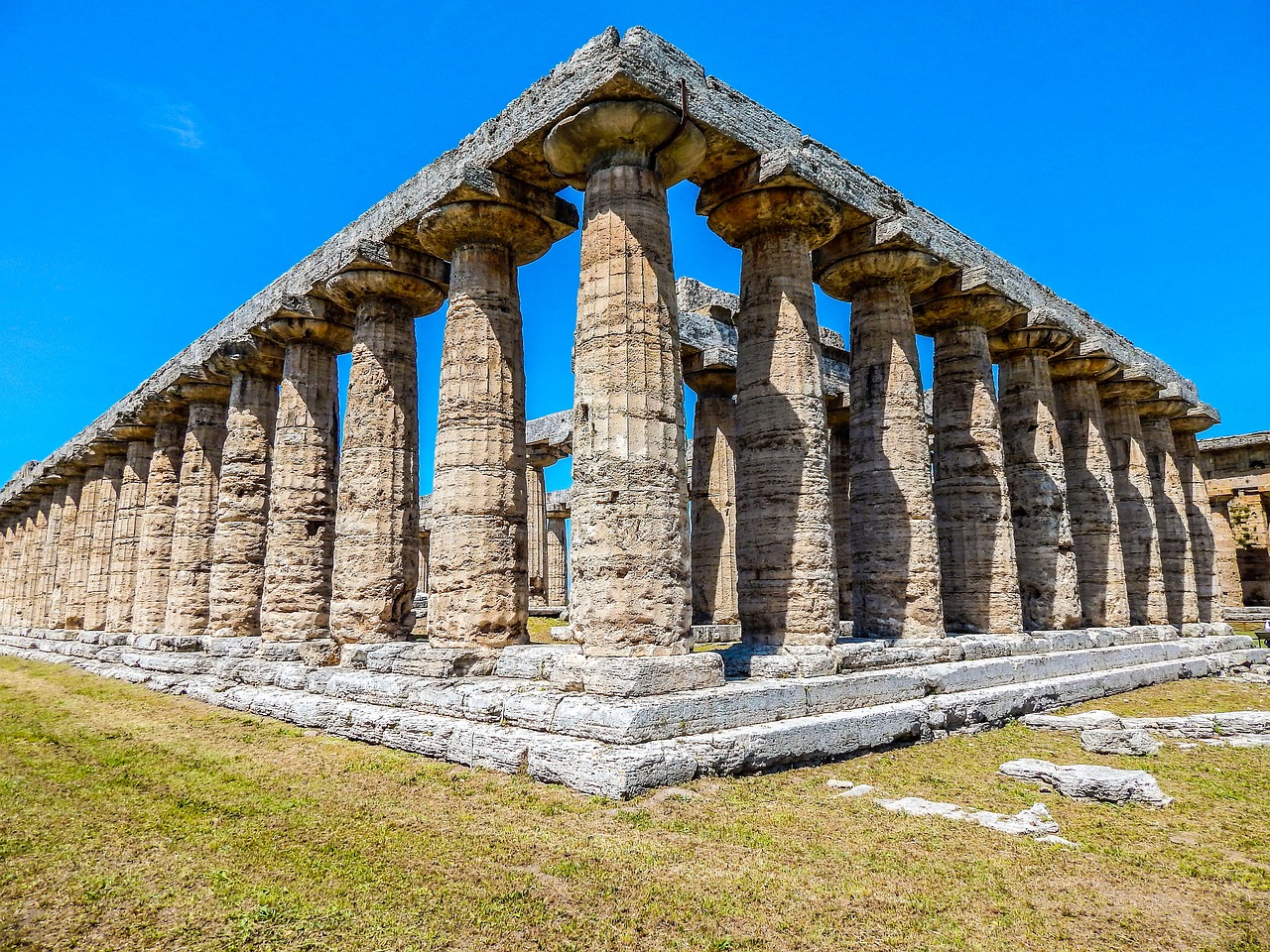
Education and Historical Consciousness
Education plays a pivotal role in shaping historical consciousness and individual identities. Through history education, individuals are exposed to diverse perspectives, narratives, and interpretations of past events, influencing their understanding of society and themselves. By learning about different historical contexts and experiences, students develop a critical awareness of how history has shaped present-day realities.
History education not only imparts factual knowledge but also fosters empathy, tolerance, and a sense of shared humanity. By studying historical injustices, students can reflect on the complexities of human behavior and societal structures, leading to a more nuanced understanding of identity politics. Education serves as a tool for challenging dominant historical narratives and promoting inclusive identity formation.
In the classroom, educators have the responsibility to present a balanced and comprehensive view of history, acknowledging diverse perspectives and marginalized voices. By incorporating multiple narratives into the curriculum, teachers can help students develop a more inclusive historical consciousness, fostering respect for different identities and experiences.

Globalization and Identity Politics
Globalization has significantly impacted the relationship between history and identity politics, reshaping the way individuals and communities perceive themselves in a global context. As borders blur and cultures interact on a global scale, identities are no longer confined to national boundaries but extend across continents. This interconnectedness has given rise to transnational identities, where individuals identify with multiple cultures and histories, leading to a more complex understanding of identity.
Moreover, globalization has facilitated the exchange of ideas and narratives across different societies, challenging traditional notions of identity and historical perspectives. As people are exposed to diverse cultural influences, their sense of identity becomes more fluid and inclusive, incorporating elements from various historical backgrounds. This dynamic process of identity formation in a globalized world highlights the need for a nuanced approach to identity politics that acknowledges the complexities of individual and collective identities.
Furthermore, globalization has also led to the emergence of new forms of collective memory that transcend national borders. Shared experiences and historical events are no longer confined to specific regions but are disseminated globally through various media and communication channels. This global circulation of historical narratives influences how different communities perceive their identities and histories, creating opportunities for solidarity and collaboration across diverse cultural contexts.
In this era of globalization, the intersection of history and identity politics takes on a new dimension, where individuals and groups navigate complex networks of cultural exchange and historical interpretation. As societies become increasingly interconnected, the boundaries between local and global identities blur, prompting a reevaluation of traditional historical narratives and power dynamics. The impact of globalization on identity politics underscores the importance of embracing diversity and inclusivity in shaping a more equitable and interconnected world.
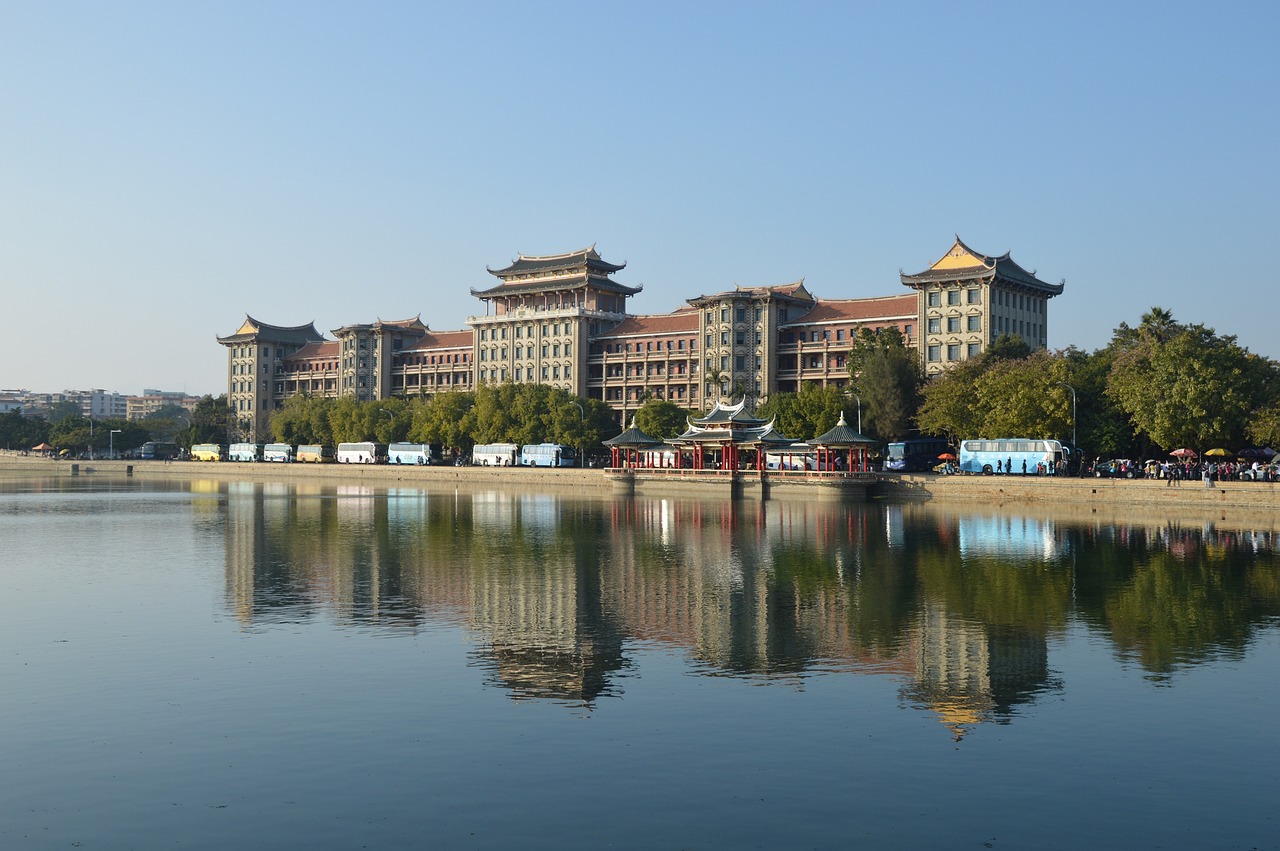
Future Perspectives on History and Identity
As we look towards the future, the relationship between history and identity continues to evolve in response to the changing dynamics of our global society. The future perspectives on history and identity hold the promise of reimagining traditional narratives and fostering more inclusive and equitable societies. With the increasing interconnectedness of the world, there is a growing recognition of the need to embrace diverse historical perspectives and challenge existing power structures.
One key aspect of future perspectives on history and identity is the emphasis on transnational identities that transcend traditional boundaries. Globalization has played a significant role in shaping collective memory and identity politics, leading to the emergence of new forms of identity that go beyond national or cultural borders. This shift towards transnational identities opens up opportunities for greater understanding and collaboration across diverse groups.
Furthermore, the future of history and identity is likely to be marked by a continued push for more inclusive narratives that acknowledge the complexities of our shared past. By recognizing and addressing historical injustices, societies can move towards reconciliation and social cohesion. This process involves not only uncovering hidden histories but also actively working towards creating a more just and equitable future for all individuals and communities.
As technological advancements continue to reshape the way we access and interpret history, there is a growing need to critically engage with digital representations of the past. The future perspectives on history and identity will involve navigating the digital landscape to ensure that historical narratives are accurately preserved and made accessible to diverse audiences. This digital age presents both challenges and opportunities for how we understand and engage with our collective history.
In conclusion, the future perspectives on history and identity hold immense potential for transforming our understanding of the past and shaping the way we envision our shared future. By embracing diverse perspectives, challenging existing power dynamics, and fostering inclusive narratives, we can work towards creating a more just and equitable world for generations to come.
Frequently Asked Questions
- What is the significance of historical narratives in shaping identity politics?
Historical narratives play a crucial role in shaping identity politics by influencing how individuals and groups perceive themselves and others. These narratives provide a framework for understanding the past, which in turn informs present-day identities and social interactions.
- How do power dynamics impact historical representation and identity politics?
Power dynamics significantly influence how history is portrayed, often shaping identity politics and reinforcing inequalities based on race, gender, and other social factors. Those in positions of power have historically controlled the narrative, impacting how different groups are perceived and valued in society.
- Why is education essential in shaping historical consciousness and identity politics?
Education plays a vital role in shaping historical consciousness and identity politics by providing individuals with diverse historical perspectives and critical thinking skills. By teaching a more inclusive and accurate history, education can help foster empathy, understanding, and a more equitable society.









